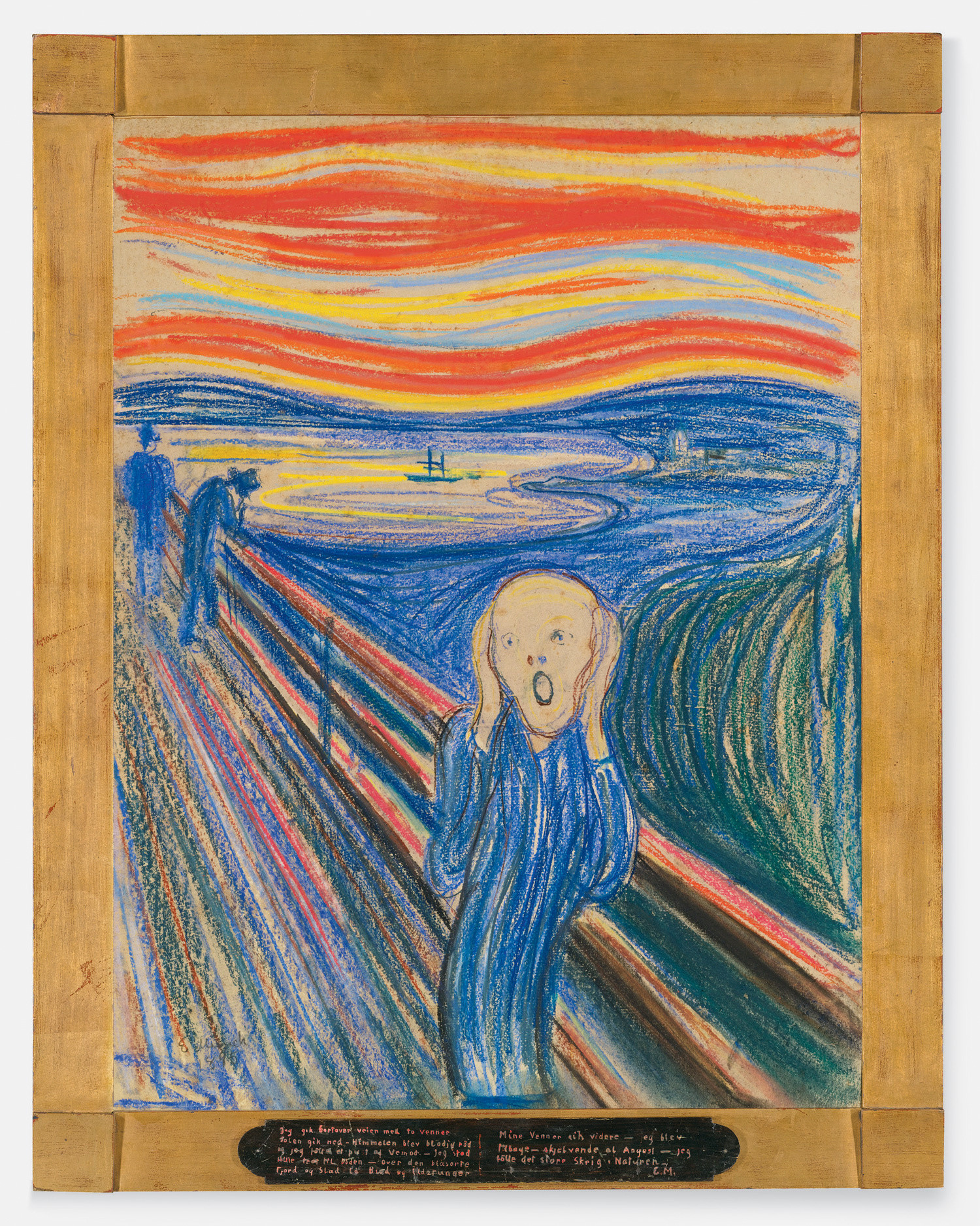Historical Development Of The Culture Of Nihilism

In a previous blog, I defined the culture of nihilism as follows:
We live in what I have come to term “the culture of nihilism”. It is a culture characterized by self absorption, selfishness, lack of concern for others, incivility, rudeness and nastiness. Nietzsche prophesied it almost 150 years ago and his vision has been almost perfectly realized in contemporary America.
I might add a propensity to violence.
Nietzsche was the first to recognize the coming of nihilism in his “Parable of the Madman” in The Gay Science (1882). The Madman comes to the marketplace announcing “the death of God” but the people laugh at him. The full consequences of the loss of religious belief on culture have yet to be felt and people do not understand its significance. Nietzsche himself saw deeply into the implications of “the death of God”. He realized that the rise of nihilism was inevitable though the people of his time had no idea what was coming. The religious basis of Western Civilization had been undermined by the Scientific Revolution and especially Charles Darwin’s The Evolution of the Species (1859). But nobody else understood what this meant for the disintegration of culture in the years ahead.
The First World War strongly suggested that Nietzsche might be onto something. That’s because the war’s scope was far out of proportion to its causes. In many ways the settlement of World War I by The Treaty of Versailles, with its punitive measures toward Germany, caused The Second World War. Germany suffered through hyperinflation in an attempt to meet the massive reparations imposed on it and the culture seethed with anger and resentment, setting the stage for the rise of Hitler.
World War II gave way to The Cold War. The United States represented liberalism and The Soviet Union socialism. It was a war of ideas, of opposing economic systems. When The Berlin Wall fell in 1989, ending The Soviet Union, Francis Fukuyama wrote a famous essay titled “The End Of History” and a subsequent book of the same title. Fukuyama argued that the end of The Cold War settled the intellectual debate about the organization of society in favor of liberalism and that there would be no further evolution on that front. While he was right that liberalism had proven its superiority, he failed to recognize forces at work in Western culture inimical to it. That is, while there were no longer any geopolitical foes to liberalism, there were cultural forces at play internal to Western civilization itself working against it. These forces would ultimately produce The Culture of Nihilism.
Starting in the 1960s, ideas about the evil of America, for example its history of slavery and racism, and capitalism began to make themselves felt. Other traditional moral rules, like those around sexuality (which had a religious basis), also came under attack and collapsed with The Sexual Revolution. This was the beginning of the culture wars between Left and Right. The Left believed that America was irredeemably evil and needed to be erased from history while The Right defended the country and traditional moral values. Ultimately, The Left would win this cultural battle.
Symptoms of The Culture of Nihilism in the 1990s were shows like Seinfeld, Howard Stern’s radio show, the Monica Lewinsky scandal, the OJ Simpson trial, and the rise of illegal immigration and mass shootings like Columbine. Traditional values like hard work and marriage, even objective standards of truth and rationality in the case of the Simpson trial, were eroding. Other symptoms were the exploding divorce rate and the breakdown of societal trust more generally. The creation of the internet, the iPhone and social media in the 2000s and 2010s sent cultural evolution into hyper speed.
The COVID pandemic in 2020 was the decisive blow. When police officer Derek Chauvin choked George Floyd to death on May 25, 2020, The Left erupted, destroying the last vestiges of America’s claim to moral sanction and ushering in the complete realization of The Culture of Nihilism. Like the prisoners in Plato’s Cave, we scroll other people’s polished posts on Instagram and Facebook on our phones all day, mistaking what we see there for reality itself.
